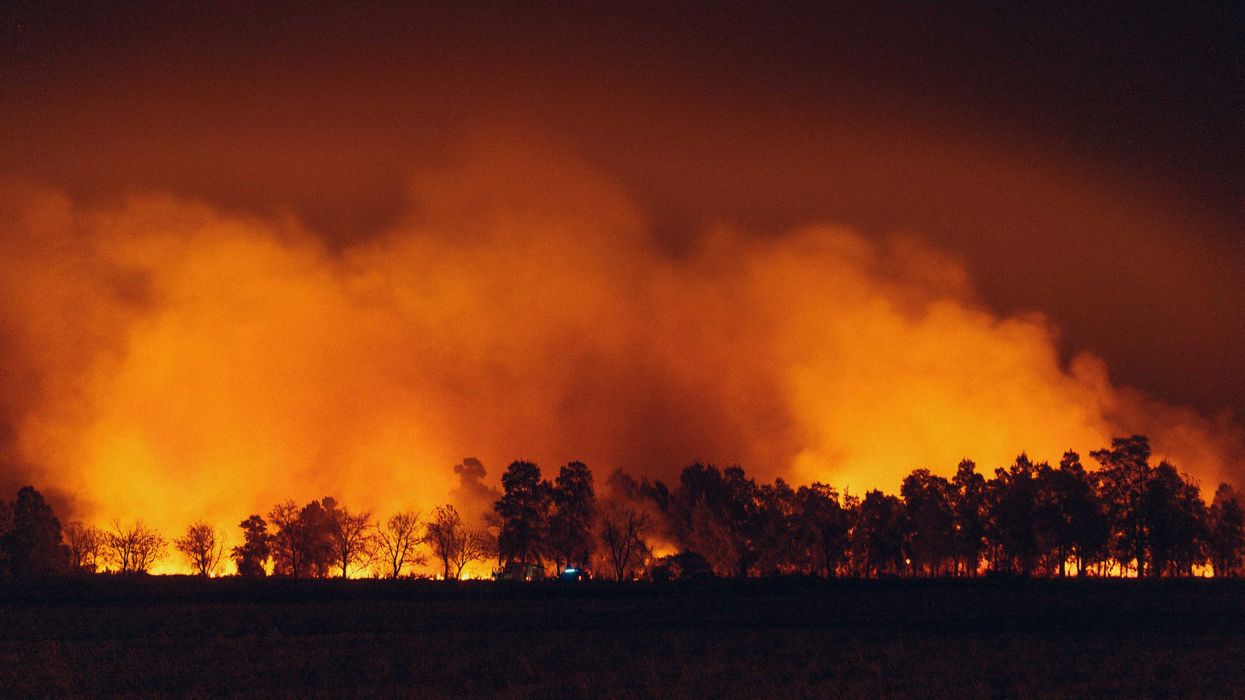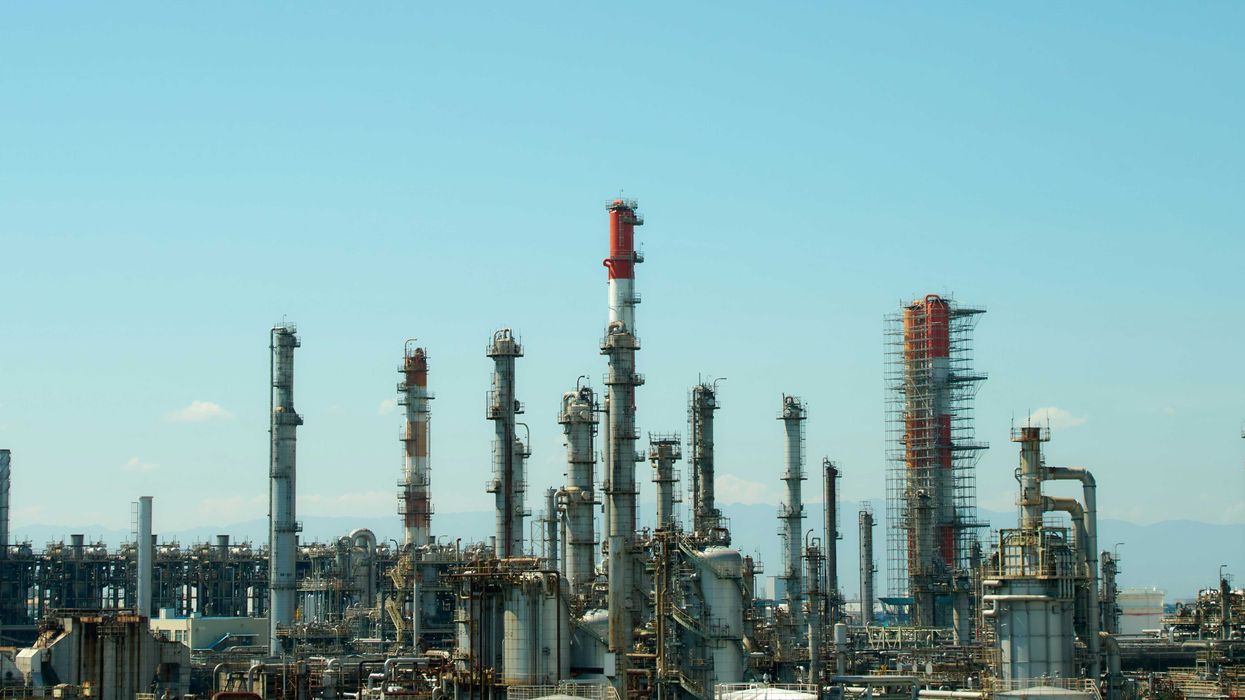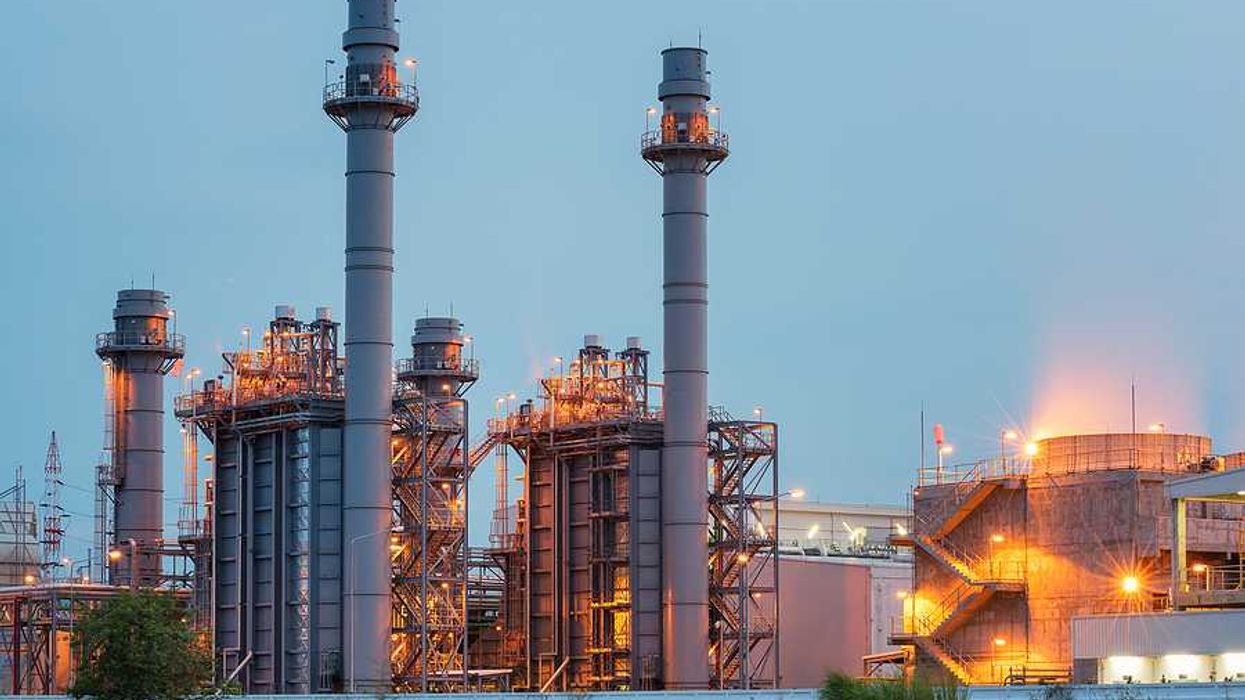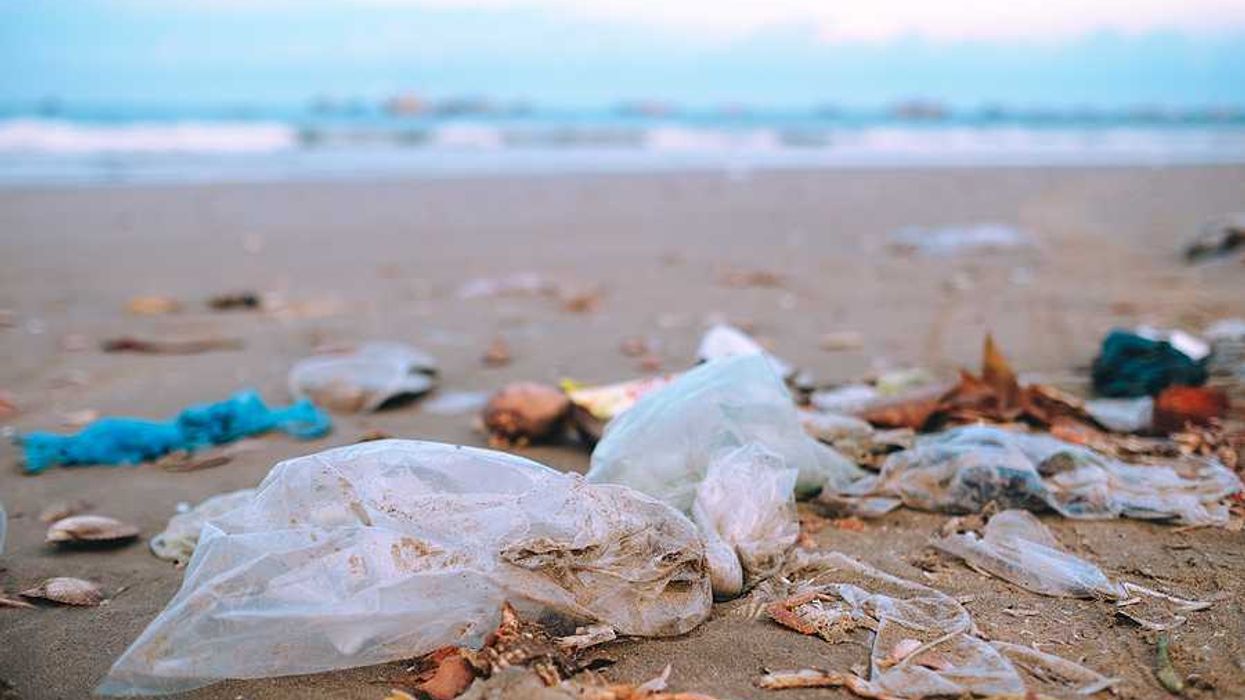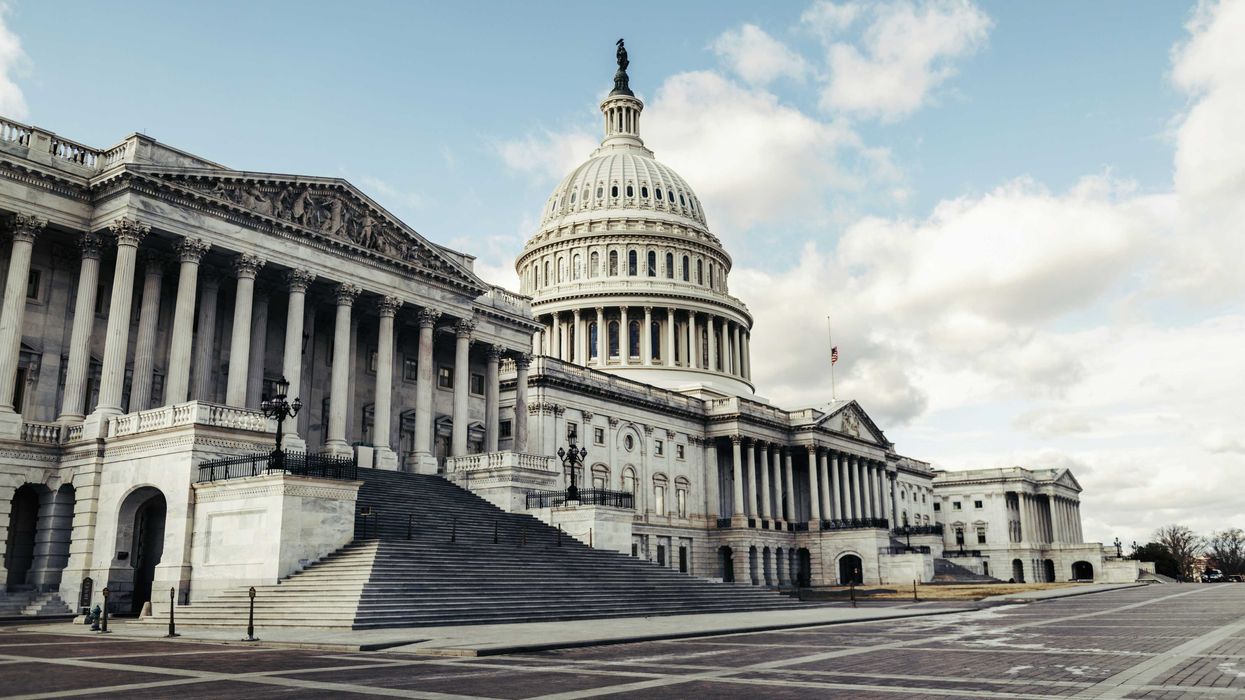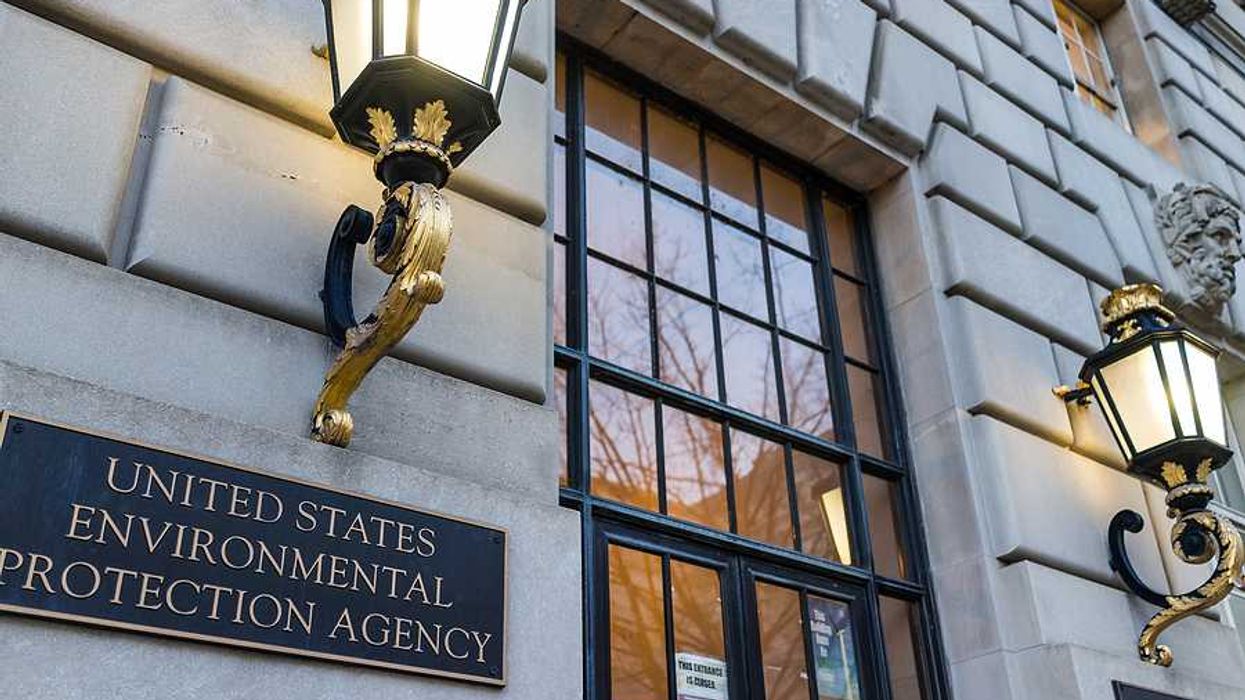Texas regulators, despite knowing about dangerous benzene levels in a Houston suburb since 2005, allowed a major polluter to expand, posing long-term health risks to residents.
David Leffler, Savanna Strott, Salina Arredondo, and Jana Cholakovska report for Public Health Watch.
In short:
- A Houston community faces escalating health risks due to unchecked benzene pollution by K-Solv, a local chemical company.
- Texas environmental regulators have known about the issue for nearly two decades but have not taken action.
- The situation has led to a significant increase in the community's cancer risk, raising concerns among scientists and residents.
Key quote:
“Any exposure to a carcinogen increases your risk of developing cancer. We have to limit that, and I don’t know why you wouldn’t.”
— Loren Hopkins, professor at Rice University
Why this matters:
The benzene pollution in Houston's Jacintoport neighborhood is a stark reminder of the long-lasting impact of environmental negligence on community health, particularly in terms of increased cancer risks. This situation underscores the importance of environmental regulations and transparency about health risks. How can communities better advocate for their right to a safe and healthy environment?
For more:
In 2020, Western Pennsylvania environmental groups sought more monitoring of cancer-causing benzene
Texas is underestimating cancer risk from air pollution, health advocates say




